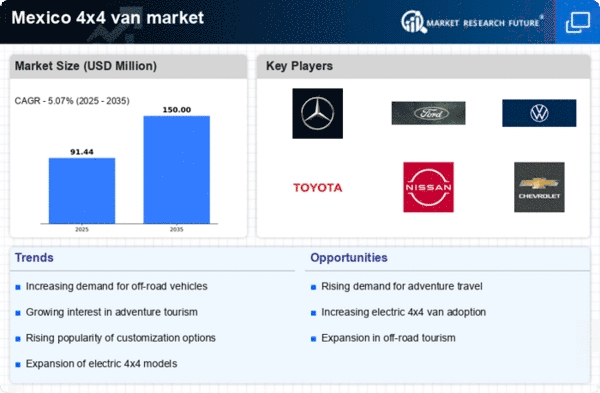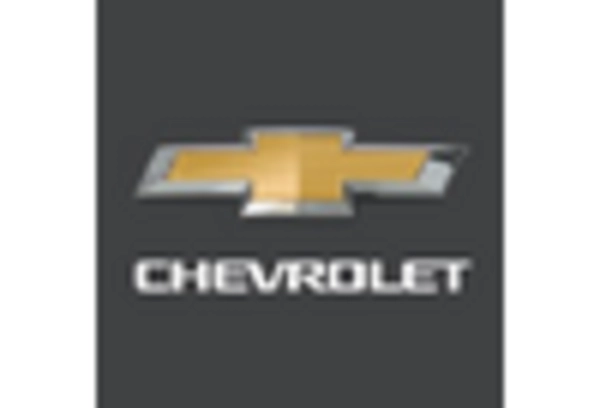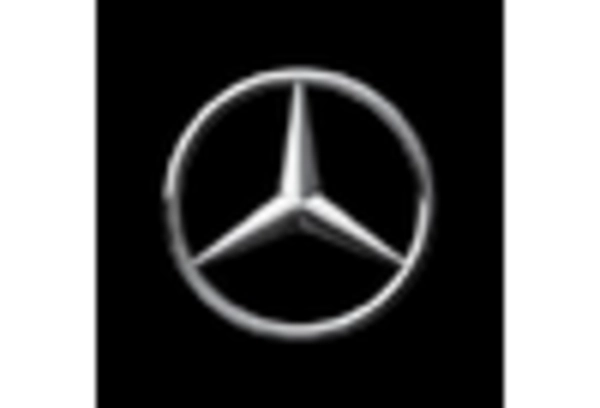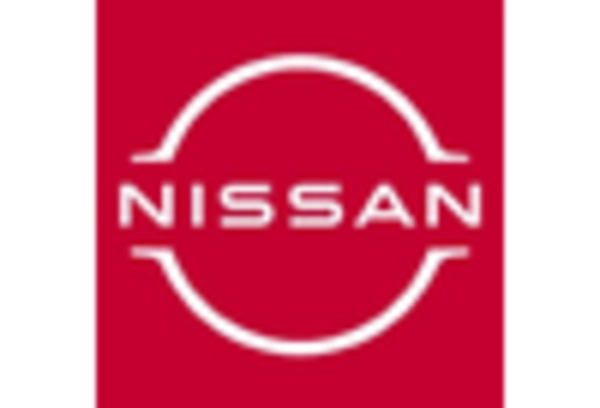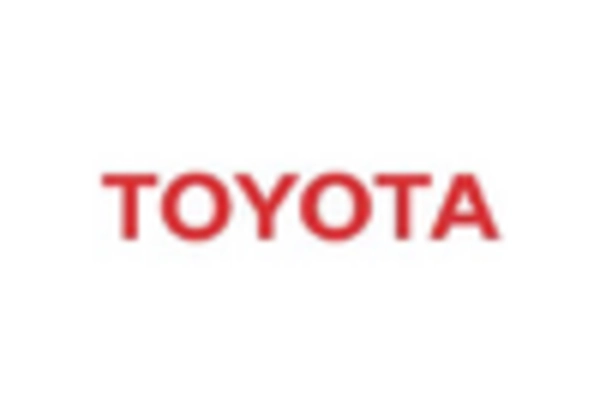Rising Fuel Prices
The 4x4 van market in Mexico is significantly influenced by the fluctuations in fuel prices. As fuel costs continue to rise, consumers are becoming more discerning about their vehicle choices. This economic pressure may lead to a shift towards more fuel-efficient models within the 4x4 van market. Data suggests that a 10% increase in fuel prices correlates with a 5% decline in sales of larger, less efficient vehicles. Consequently, manufacturers are compelled to innovate and offer models that balance off-road capabilities with improved fuel efficiency. This trend indicates a potential transformation in consumer behavior, as buyers seek vehicles that provide both adventure and cost-effectiveness.
Increased Off-Road Enthusiasm
The 4x4 van market in Mexico is experiencing a surge in off-road enthusiasm among consumers. This trend is driven by a growing interest in outdoor activities such as camping, hiking, and adventure sports. As more individuals seek vehicles that can handle rugged terrains, the demand for 4x4 vans is likely to rise. Recent data indicates that the off-road vehicle segment has seen a growth of approximately 15% in the last year alone. This enthusiasm for off-road capabilities is reshaping consumer preferences, leading to a notable increase in sales within the 4x4 van market. Manufacturers are responding by enhancing their offerings with features tailored for off-road performance, thereby catering to this expanding consumer base.
Urbanization and Lifestyle Changes
Urbanization in Mexico is reshaping the 4x4 van market as more individuals move to urban areas while still desiring the versatility of off-road vehicles. The lifestyle changes associated with urban living, such as weekend getaways and outdoor adventures, are driving demand for 4x4 vans that can navigate both city streets and rugged landscapes. Recent statistics show that urban dwellers are increasingly investing in vehicles that offer multifunctionality. This shift suggests that the 4x4 van market may see a rise in sales as consumers seek vehicles that accommodate their active lifestyles while providing the necessary space and comfort for urban commuting.
Technological Integration in Vehicles
The integration of advanced technologies in vehicles is a key driver for the 4x4 van market in Mexico. Consumers are increasingly seeking vehicles equipped with modern features such as advanced navigation systems, connectivity options, and safety enhancements. This trend indicates a shift towards a more tech-savvy consumer base that values innovation. Recent surveys reveal that approximately 30% of potential buyers prioritize technology as a key factor in their purchasing decisions. Consequently, manufacturers are likely to invest in research and development to incorporate cutting-edge technologies into their 4x4 vans, thereby enhancing their appeal and competitiveness in the market.
Government Incentives for Eco-Friendly Vehicles
The Mexican government is implementing various incentives aimed at promoting eco-friendly vehicles, which could impact the 4x4 van market. These incentives may include tax breaks, subsidies, and grants for manufacturers producing environmentally friendly models. As consumers become more environmentally conscious, the demand for 4x4 vans that incorporate sustainable technologies is likely to increase. Data indicates that vehicles with lower emissions are becoming more appealing, with a potential market growth of 20% for eco-friendly models in the coming years. This trend suggests that manufacturers in the 4x4 van market may need to adapt their strategies to align with government initiatives and consumer preferences for sustainability.


